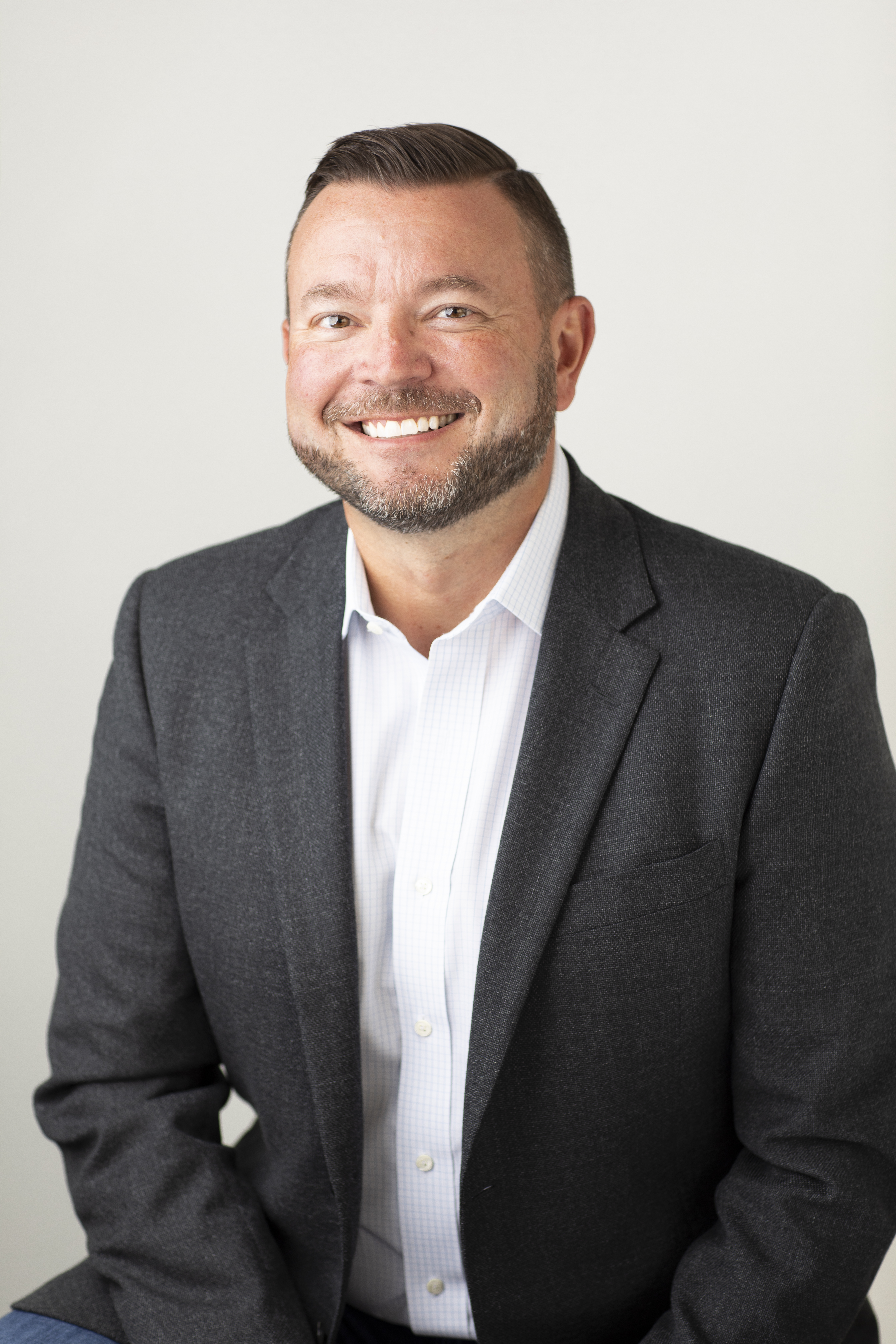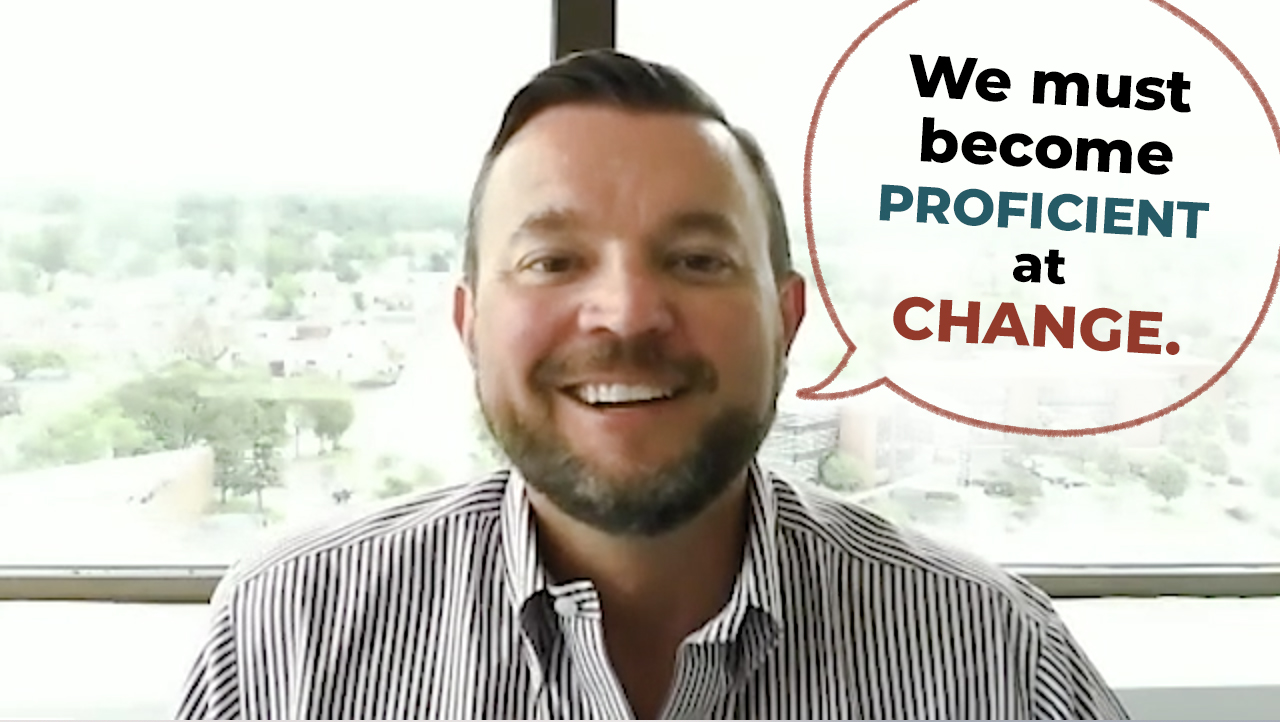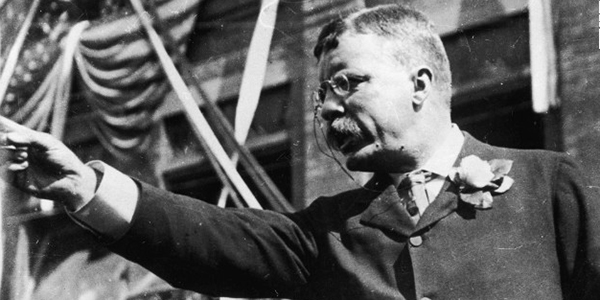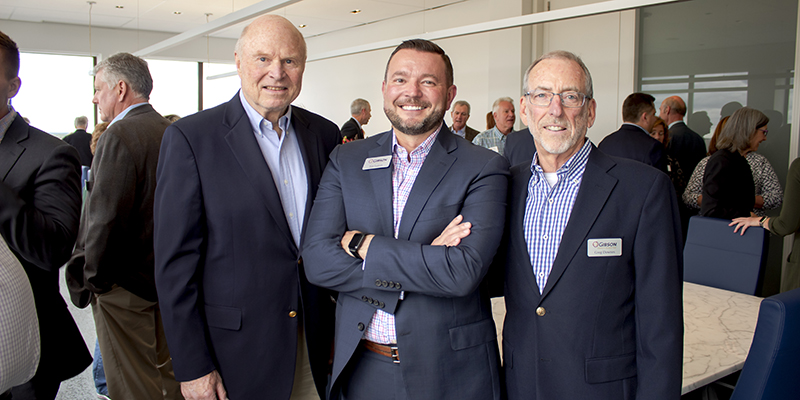A new year and new decade are upon us. I’ve noticed social media already calling it the #roaring20s.
A recent opinion piece in the WSJ recalled the energy and creativity of the original Roaring 20s: “These remarkable 10 years saw the rise, all at once, of the world’s great cosmopolitan cities—New York, Chicago, Paris, Berlin, London. Music, art, drama, literature, ballet, architecture, movies, newspapers—it’s hard to grasp the creative radiance and energy of the decade.”
And just like in the 1920s, we have major political and cultural battles over taxes, tariffs, and traditions. Many are not prepared or willing – just like a century ago – to deal with the coming reality.
The previous era was known for creativity and new thinking about everything. Whether the 2020s will earn the title of roaring or not, with certainty I predict they won’t be the #boring20s.











